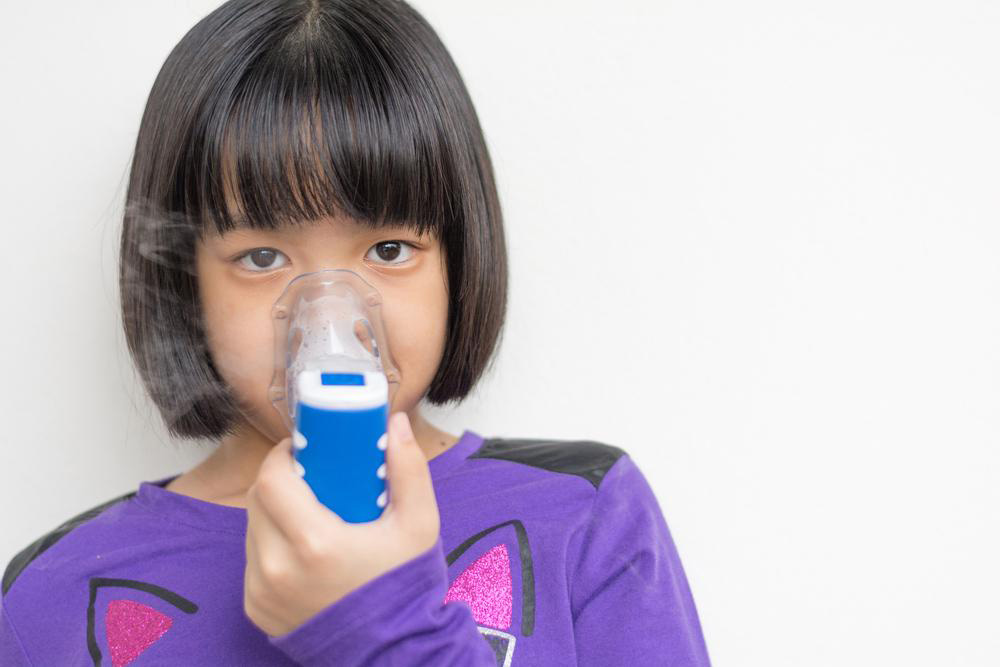Comprehensive Guide to Opioid Addiction: Causes, Symptoms, and Recovery Options
This article offers an in-depth overview of opioid addiction, exploring causes, early warning signs, and effective treatment options. Emphasizing the importance of professional guidance, it aims to educate readers on recognizing dependency and seeking help for recovery. Understanding these aspects can aid in preventing addiction and promoting healthier lifestyles for affected individuals.

Understanding Opioid Dependency: Causes, Symptoms, and Treatment Approaches
Long-term use of opioids can lead to dependence. These drugs, initially prescribed to alleviate pain or promote relaxation, may cause harmful health effects if misused over time, including potential brain impairment. Originating from the opium poppy, opiates have historically been used to treat pain, sleep issues, and digestive problems.
Factors Leading to Opioid Dependence
The development of addiction is influenced by various factors, including environmental conditions, genetic predisposition, mental health issues, and personal circumstances.
People often develop addictions due to the pleasurable sensations experienced after taking opioids. Unexpected factors such as stressful home environments, family history of substance use, neurotransmitter imbalances, or psychological challenges can also contribute to dependency.
Signs of Opioid Addiction
Long-term use exhibits several signs, which include:
Mood Fluctuations
Sudden shifts in mood, feelings of depression, irritability, and anxiety. The initial euphoria may be replaced by restlessness.
Behavioral Changes
Noticeable deterioration in behavior, such as social withdrawal, decline in work performance, lethargy, and in severe cases, theft, forging prescriptions, or robbing pharmacies.
Psychological Effects
Chronic opioid use can impair brain function, leading to memory loss, hallucinations, paranoia, emotional instability, and other mental health issues.
Physical Symptoms
Physical health problems may include breathing difficulty, muscle spasms, insomnia, constipation, sweating, nausea, fatigue, seizures, or in critical cases, coma or death.
Treatment Options
Conquering opioid dependence demands strong mental determination, patience, and a supportive environment. Common treatment methods involve:
Medication-Based Therapy
Drugs such as Buprenorphine and Methadone help reduce cravings without producing euphoria, making long-term management safer with medical supervision.
Psychological Counseling
Therapy and counseling are essential. Patients should seek professional assistance or lean on loved ones. Rehab programs support recovery by helping set achievable goals, accelerating progress and enhancing success rates.
Note: The details provided on symptoms, treatment strategies, and health risks are intended for educational use only and should not replace professional medical advice. Always consult healthcare professionals for diagnosis and personalized treatment plans.


